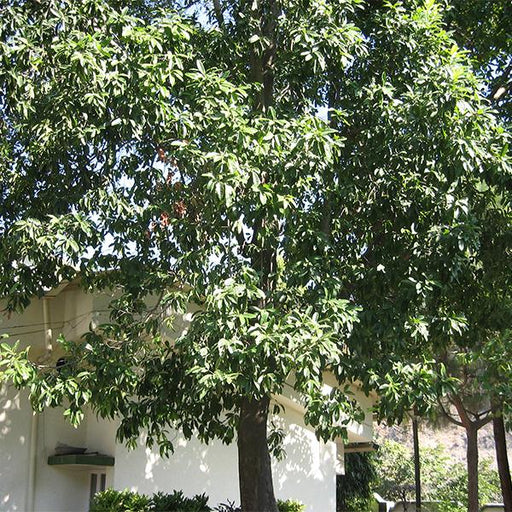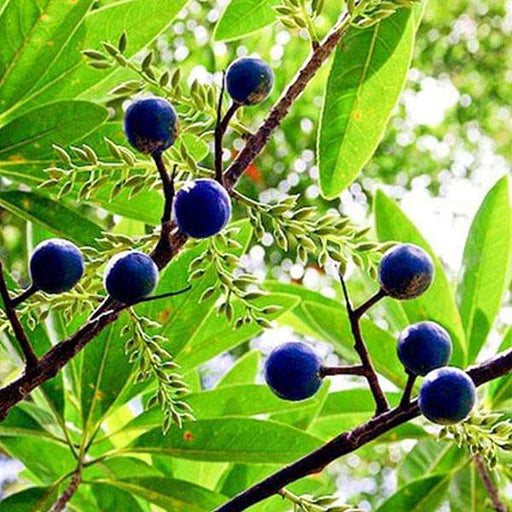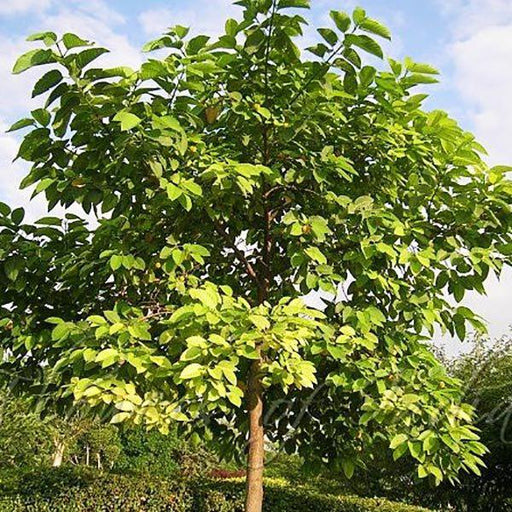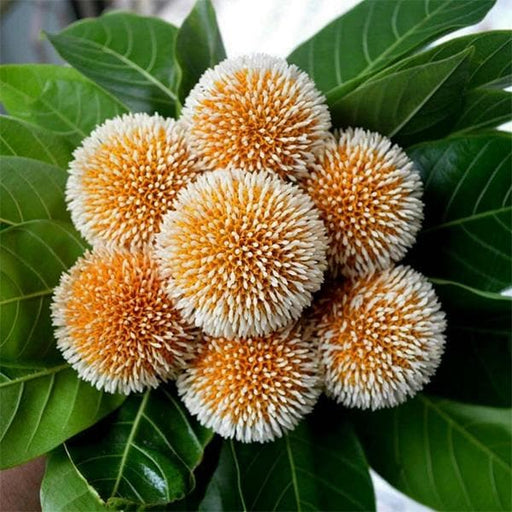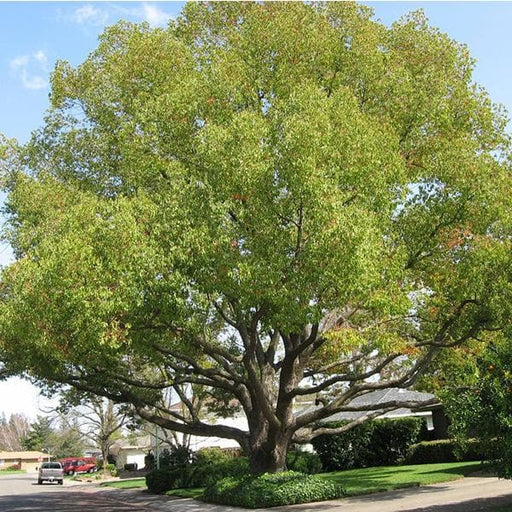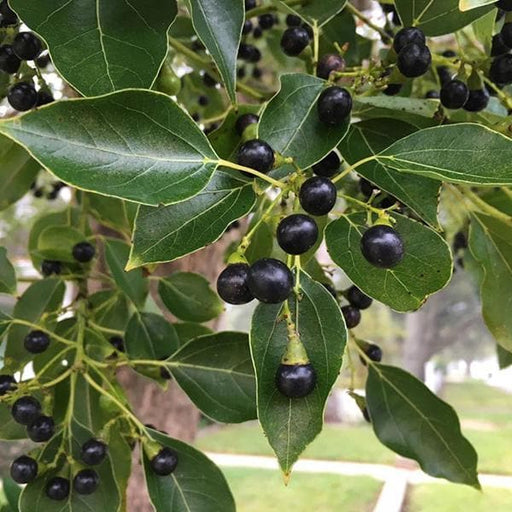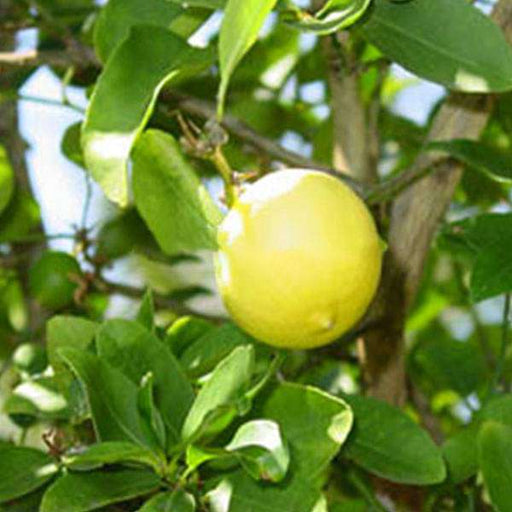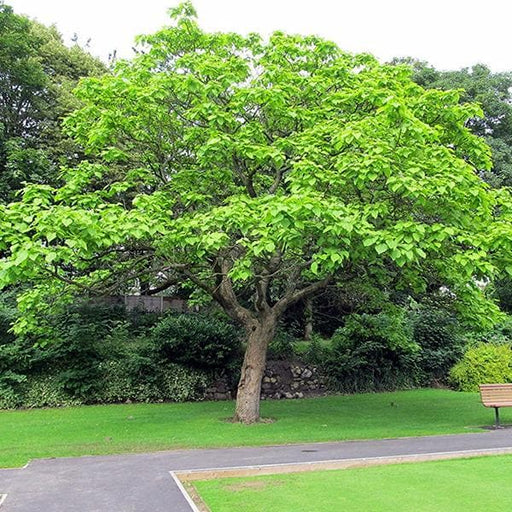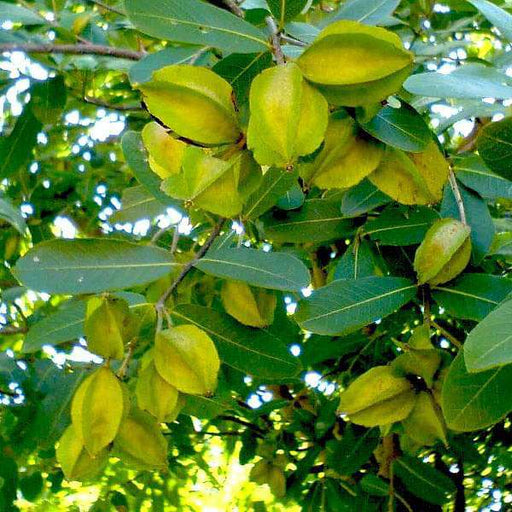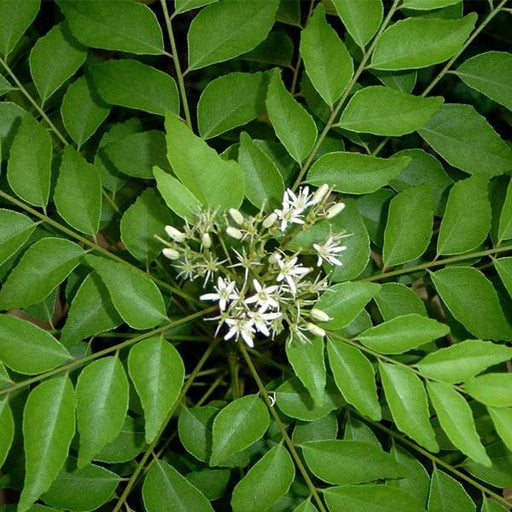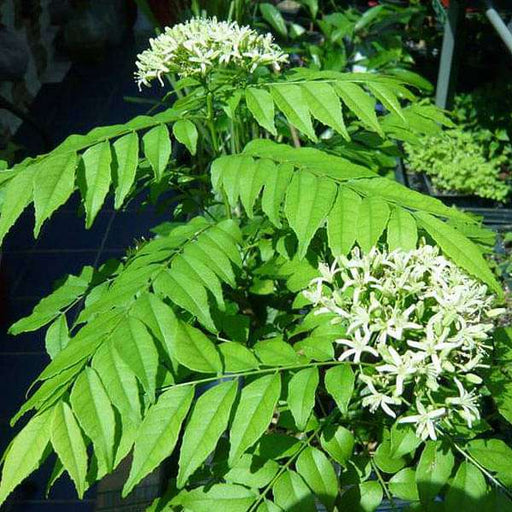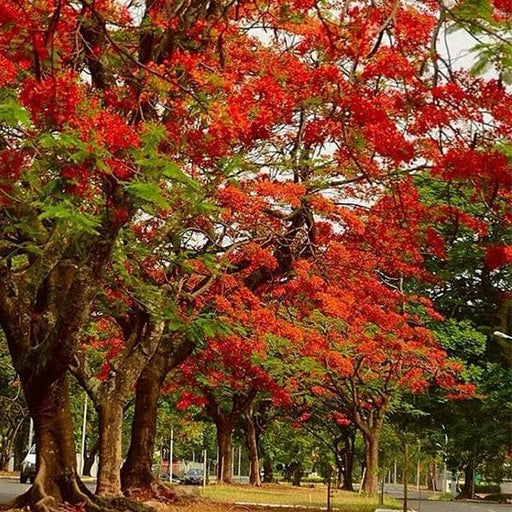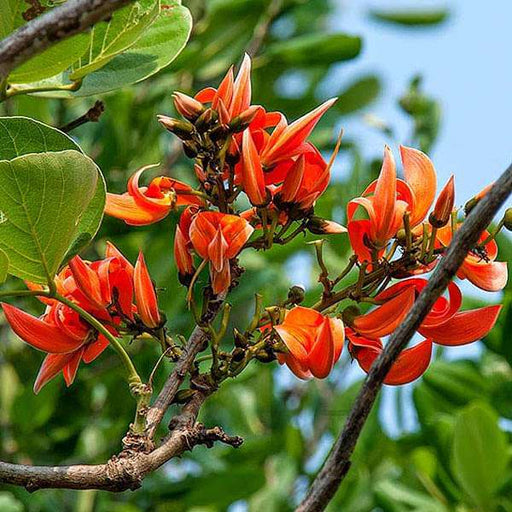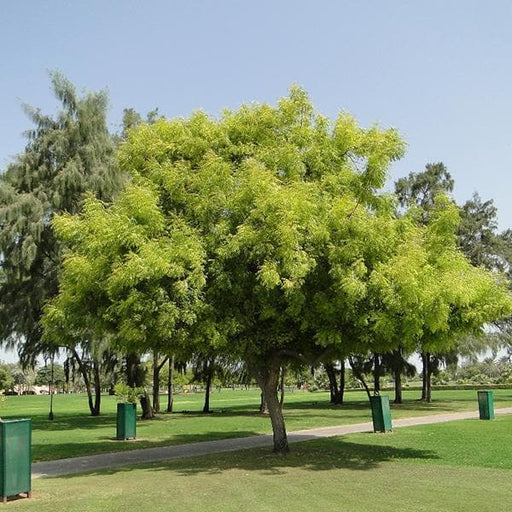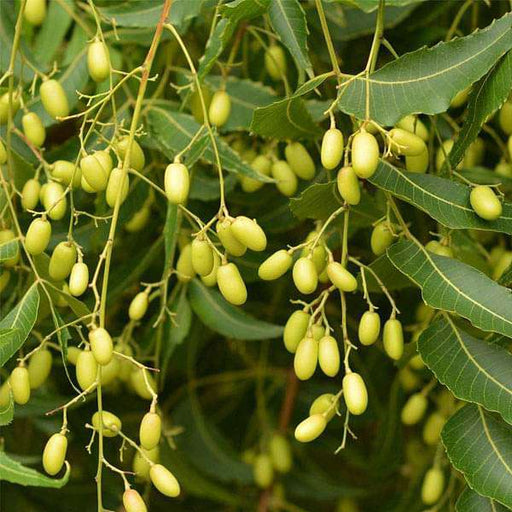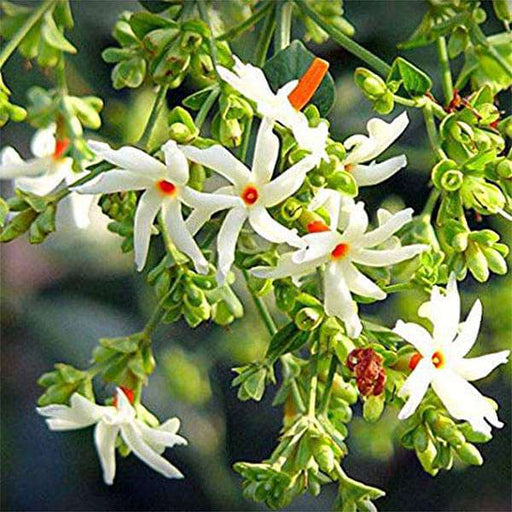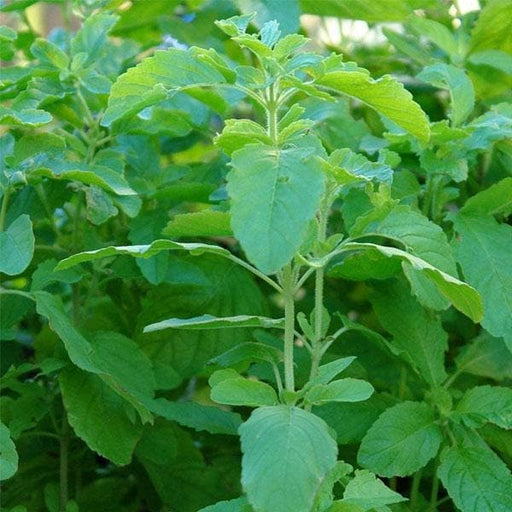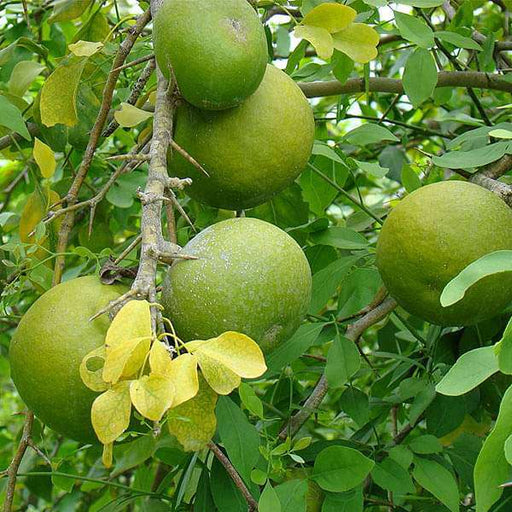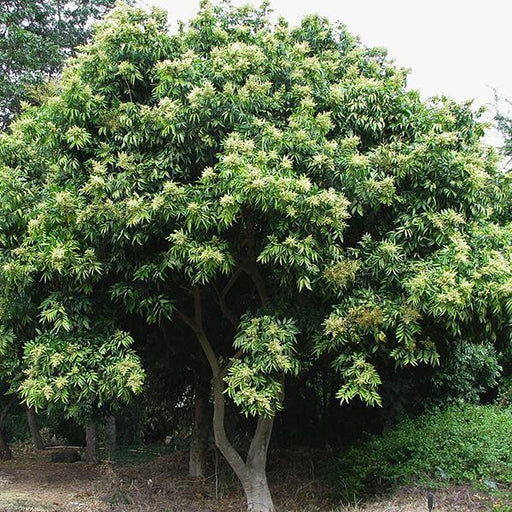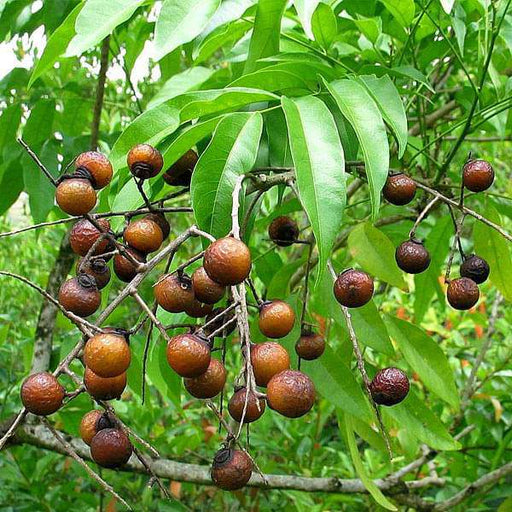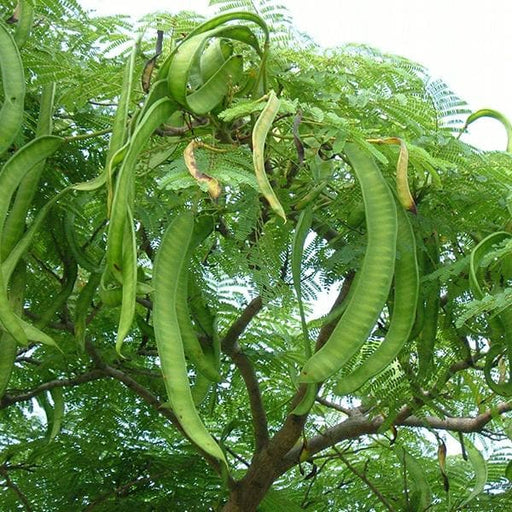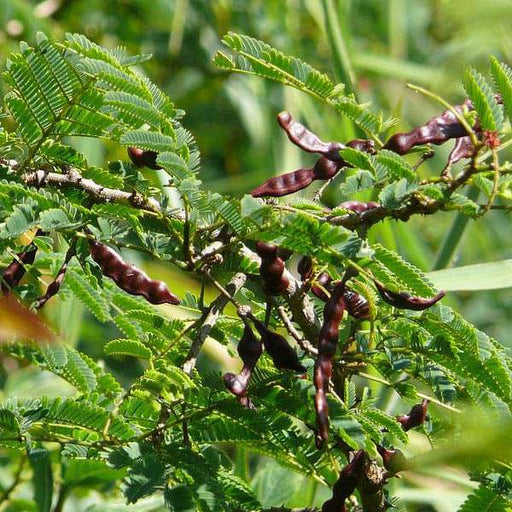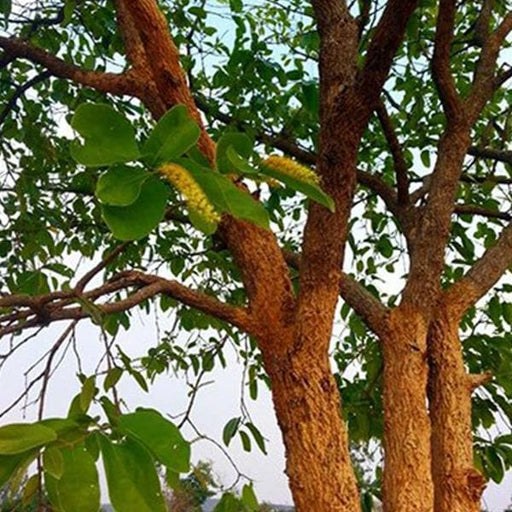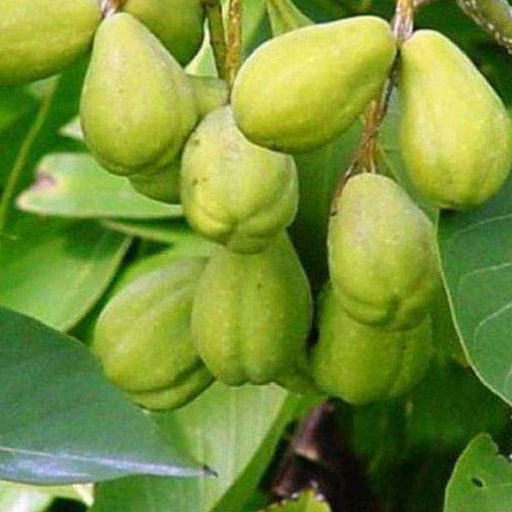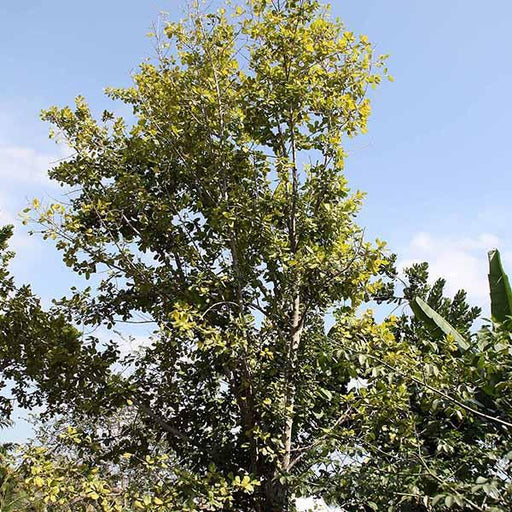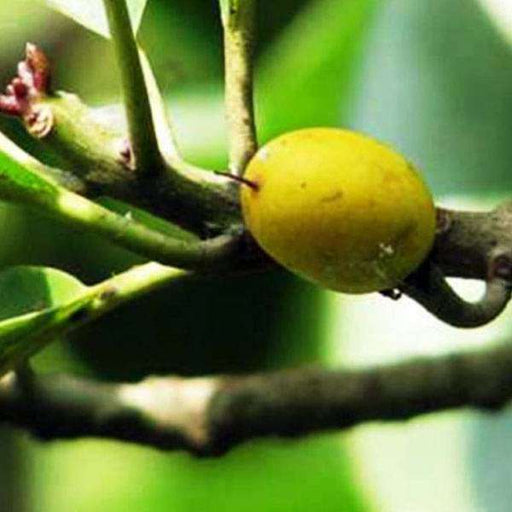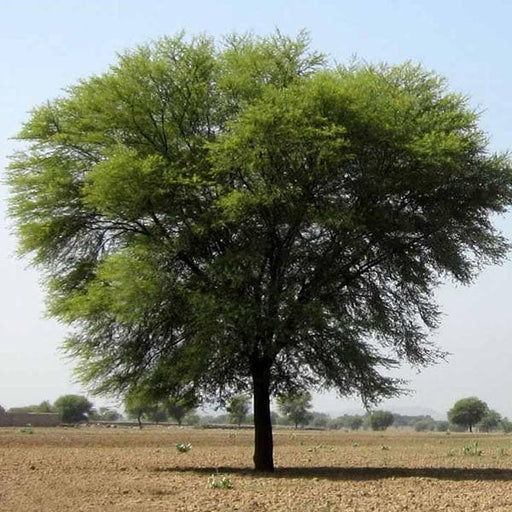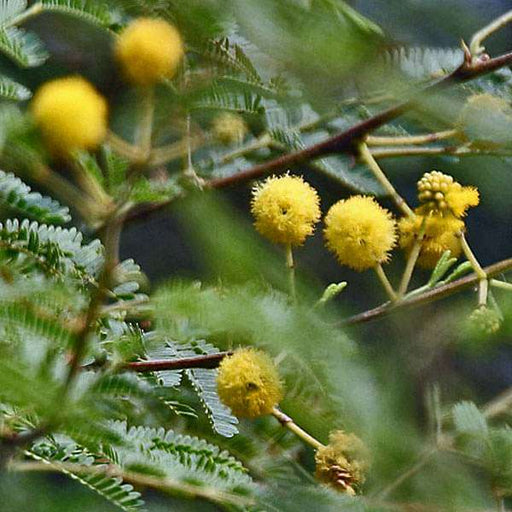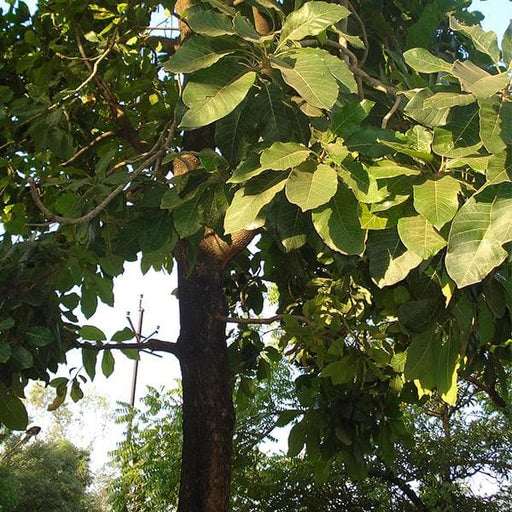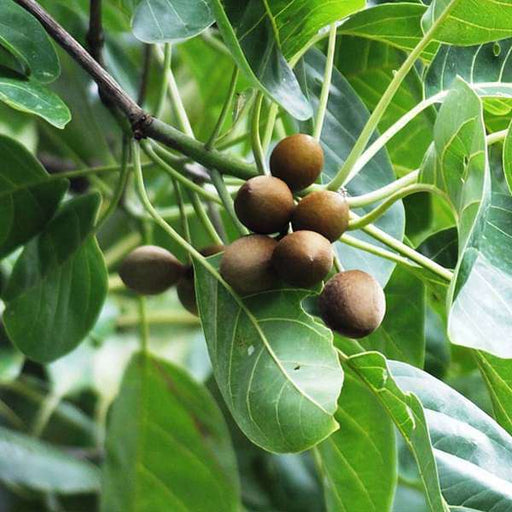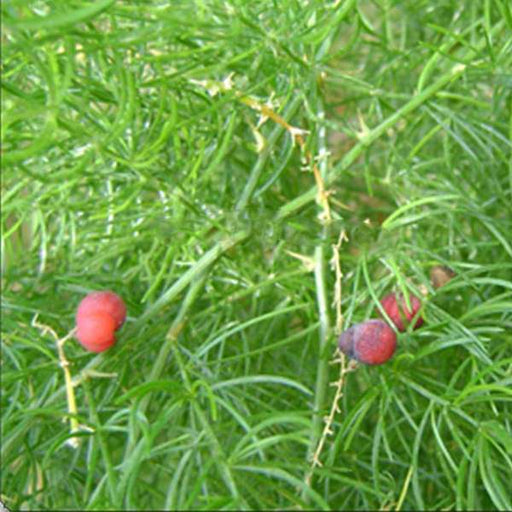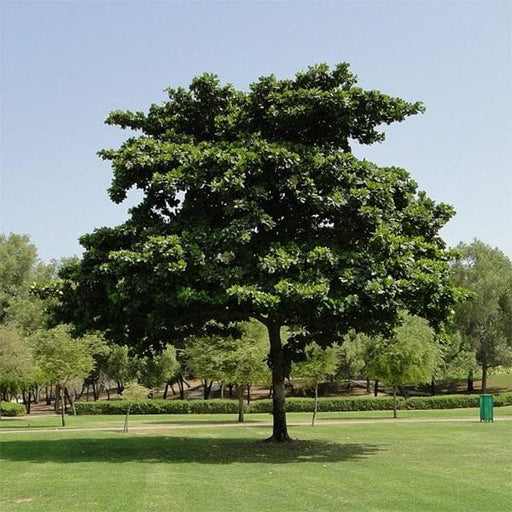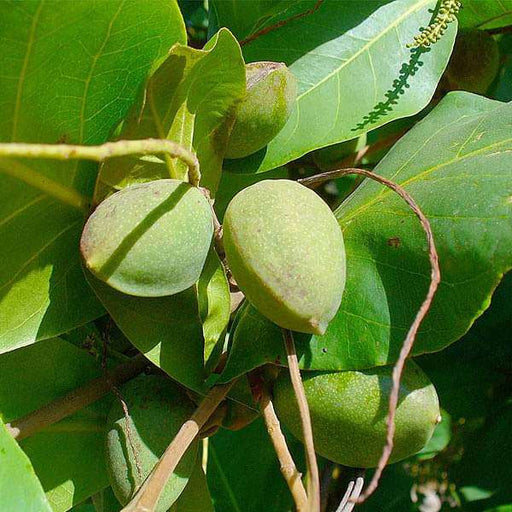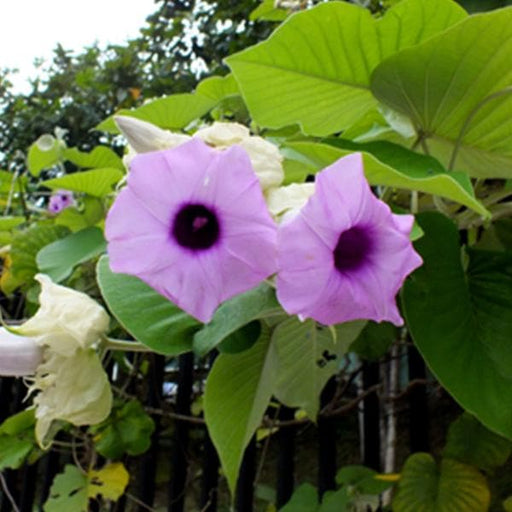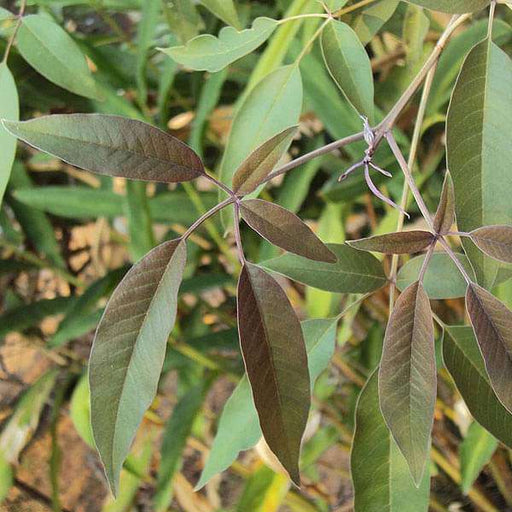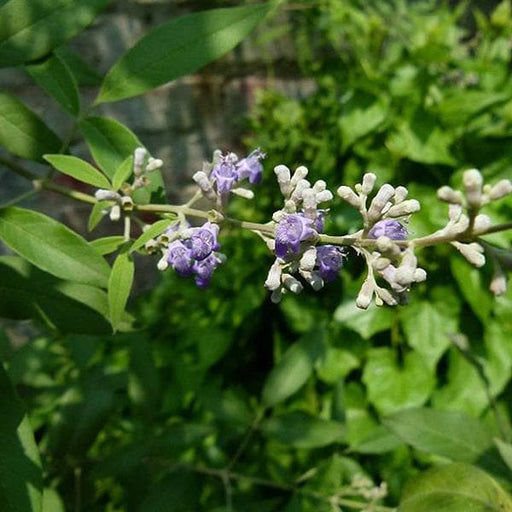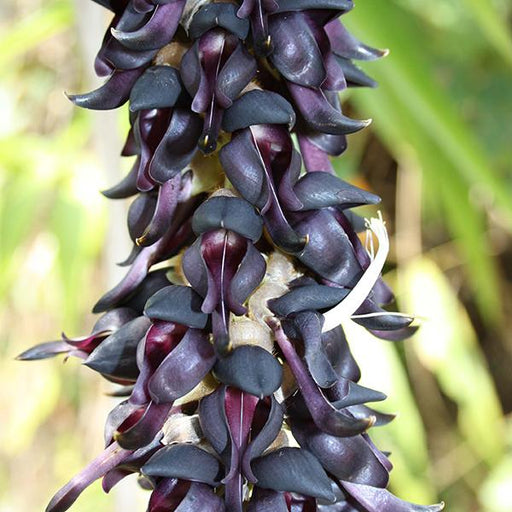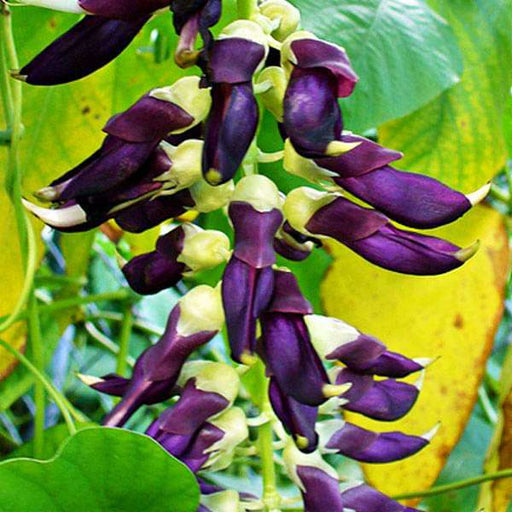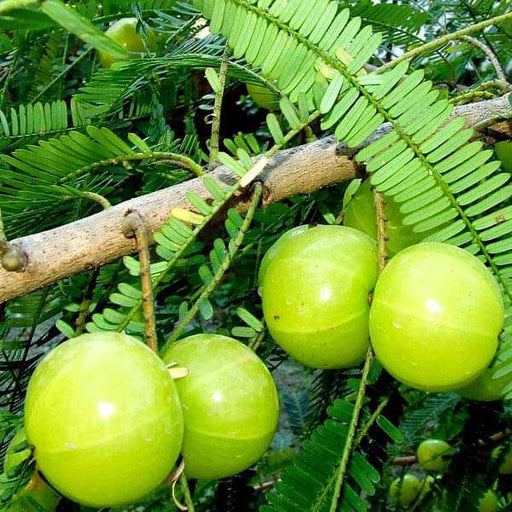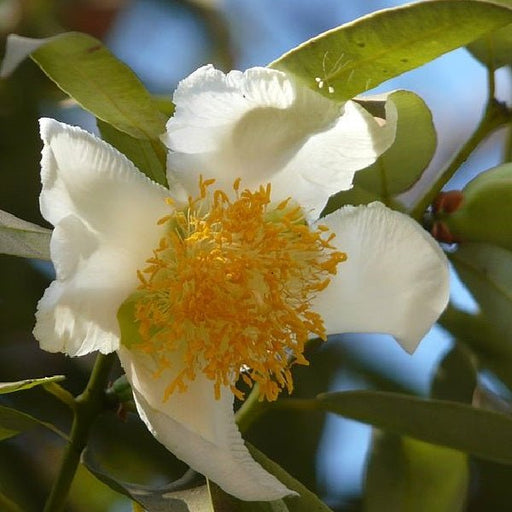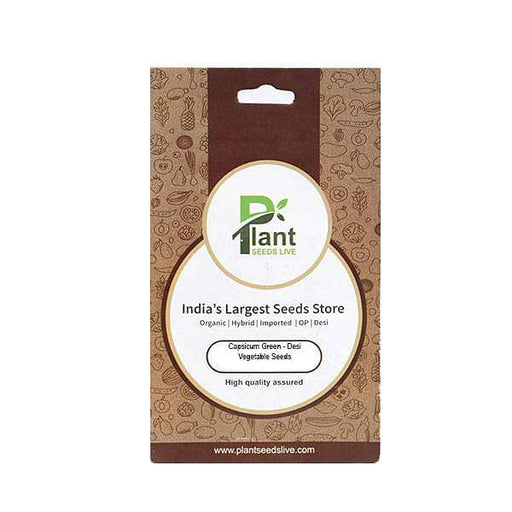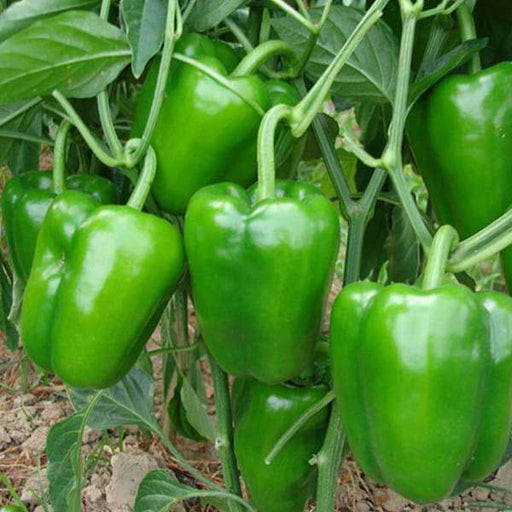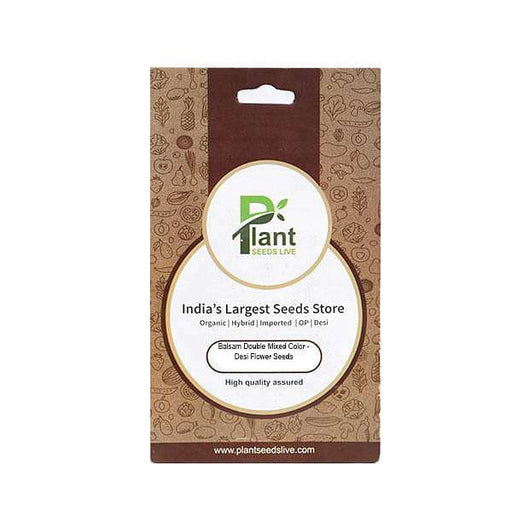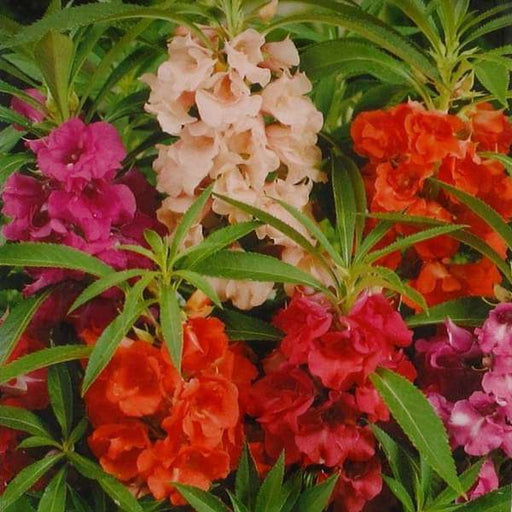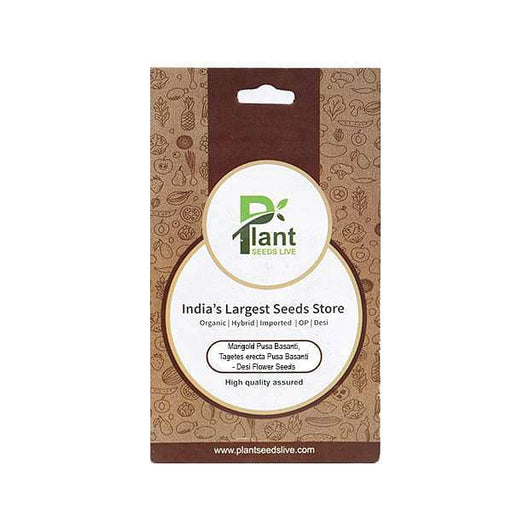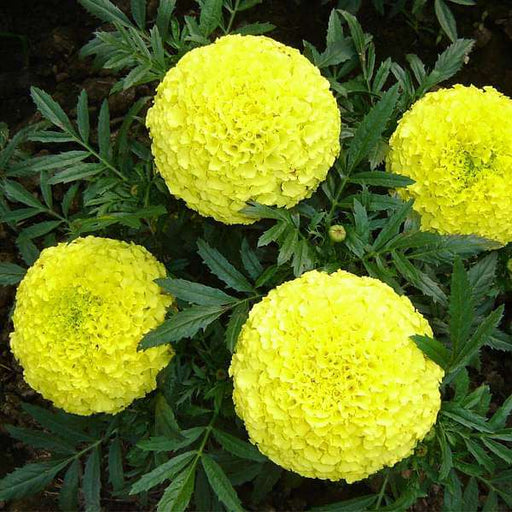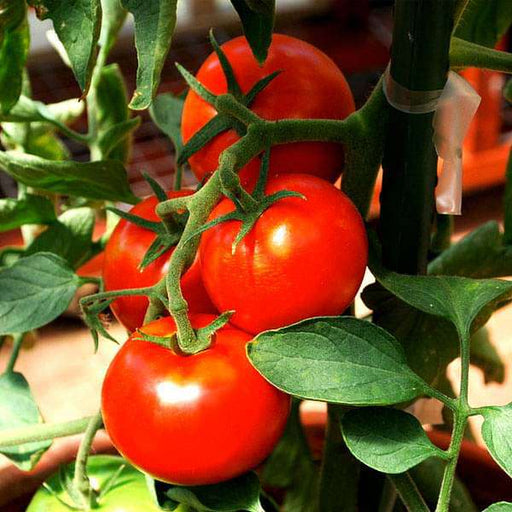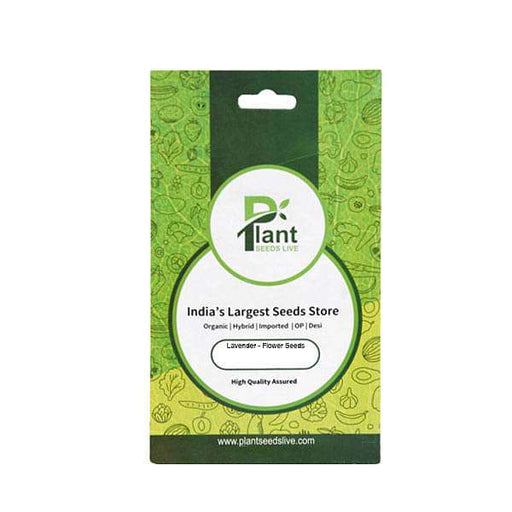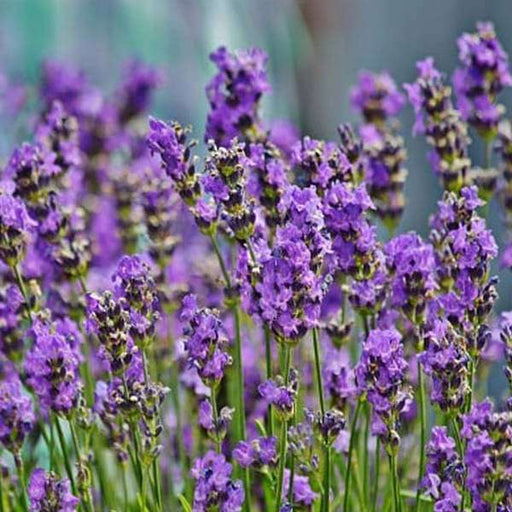Ashwagandha Seeds
Ashwagandha, also known as Indian ginseng, is a popular herb in Ayurvedic medicine. In this article, we will explore the benefits of growing Ashwagandha from medicinal forestry seeds and how to care for them.
Turmeric Seeds
Turmeric is a spice that has been used in traditional medicine for centuries. In this article, we will explore the benefits of growing turmeric from medicinal forestry seeds and how to care for them.
Neem Seeds
Neem is a tree that is known for its medicinal properties. In this article, we will explore the benefits of growing neem from medicinal forestry seeds and how to care for them.
Ginkgo Seeds
Ginkgo is a tree that is known for its cognitive benefits. In this article, we will explore the benefits of growing ginkgo from medicinal forestry seeds and how to care for them.
Peppermint Seeds
Peppermint is a popular herb that is often used for its medicinal properties. In this article, we will explore the benefits of growing peppermint from medicinal forestry seeds and how to care for them.
Echinacea Seeds
Echinacea is a popular herb that is often used to boost the immune system. In this article, we will explore the benefits of growing echinacea from medicinal forestry seeds and how to care for them.
Lavender Seeds
Lavender is a popular herb that is often used for its calming properties. In this article, we will explore the benefits of growing lavender from medicinal forestry seeds and how to care for them.
St John's Wort Seeds
St John's Wort is a popular herb that is often used to treat depression. In this article, we will explore the benefits of growing St John's Wort from medicinal forestry seeds and how to care for them.
Lemon Balm Seeds
Lemon balm is a popular herb that is often used to reduce stress and anxiety. In this article, we will explore the benefits of growing lemon balm from medicinal forestry seeds and how to care for them.
Sage Seeds
Sage is a popular herb that is often used for its anti-inflammatory properties. In this article, we will explore the benefits of growing sage from medicinal forestry seeds and how to care for them.
Chamomile Seeds
Chamomile is a popular herb that is often used for its calming properties. In this article, we will explore the benefits of growing chamomile from medicinal forestry seeds and how to care for them.
Ginseng Seeds
Ginseng is a popular herb that is often used for its energy-boosting properties. In this article, we will explore the benefits of growing ginseng from medicinal forestry seeds and how to care for them.
Black Cohosh Seeds
Black cohosh is a popular herb that is often used to relieve menopause symptoms. In this article, we will explore the benefits of growing black cohosh from medicinal forestry seeds and how to care for them.
Milk Thistle Seeds
Milk thistle is a popular herb that is often used to support liver health. In this article, we will explore the benefits of growing milk thistle from medicinal forestry seeds and how to care for them.
Dandelion Seeds
Dandelion is a popular herb that is often used to support digestion and liver health. In this article, we will explore the benefits of growing dandelion from medicinal forestry seeds and how to care for them.
Marshmallow Seeds
Marshmallow is a popular herb that is often used to soothe sore throats and coughs. In this article, we will explore the benefits of growing marshmallow from medicinal forestry seeds and how to care for them.
Astragalus Seeds
Astragalus is a popular herb that is often used to boost the immune system. In this article, we will explore the benefits of growing astragalus from medicinal forestry seeds and how to care for them.
Valerian Seeds
Valerian is a popular herb that is often used to promote relaxation and sleep. In this article, we will explore the benefits of growing valerian from medicinal forestry seeds and how to care for them.
Feverfew Seeds
Feverfew is a popular herb that is often used to treat migraines. In this article, we will explore the benefits of growing feverfew from medicinal forestry seeds and how to care for them.
Saw Palmetto Seeds
Saw palmetto is a popular herb that is often used to support prostate health. In this article, we will explore the benefits of growing saw palmetto from medicinal forestry seeds and how to care for them.


